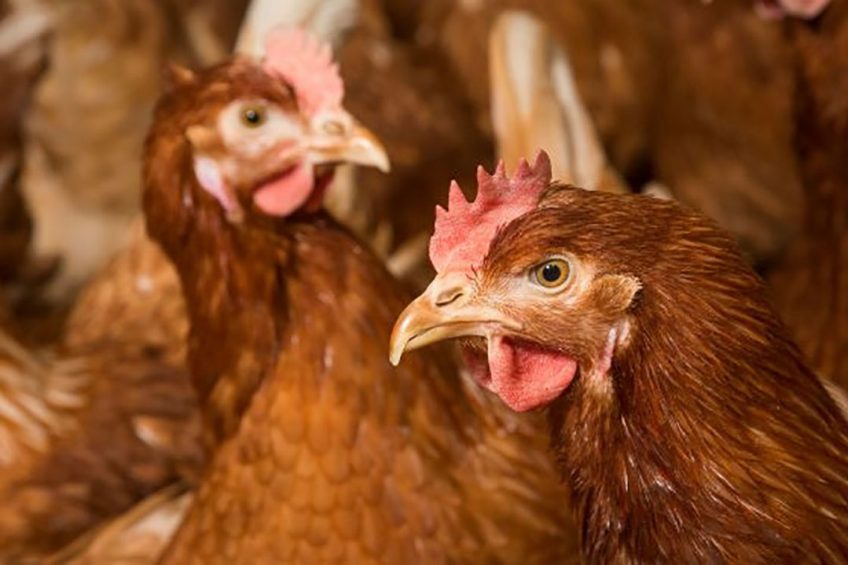Gut health for layers

Greater gut health problems are likely to affect the laying hen sector in the future, according to a leading expert in the field.
While the sector has been more concerned about red mite and egg quality in recent years, global poultry consultant Martin de Gussem said the gut health issue was no less relevant in layers as in broilers.
Dr de Gussem said the sector was moving towards longer laying cycles with birds set to be laying up to 500 eggs a cycle in the next few years. Ageing birds may face an increased disease risks with longer periods of no vaccination.
Gut health in the Netherlands
Speaking about gut health issues in the Netherlands, Dr de Gussem said more than a quarter of poultry submissions in the laboratory were linked to gut health. Coccidiosis made up 12% of cases, followed by chronic enteritis and clostridiosis (both 10%).
Speaking of the challenges ahead for the sector, he said the reduction in antimicrobial use meant there would be vaccinations during the rearing period, but this would place tremendous pressure on the immune system.
“We are talking about 10 vaccinations within 16 weeks during rearing. Can we push this further? The immune system can handle a limited number of different antigens but not all at the same time.”
Maximum protective immunity
Dr de Gussem said it was important to have maximum protective immunity against potential pathogens in the gut microbiota. Any inflammation of the gut will cause a shift in nutrient priority and among the potential consequences for layers will be reduced bone strength, loss of appetite and a break down in muscles.
“One of the main differences here between layers and broilers is that broilers will just keep on eating because their immune responses are different.
Commenting on the advances in vaccine development to control coccidiosis, Dr de Gussem said it was an excellent step toward: “Instead of one vaccine that we had five years ago, we now have three and I like it. Farms have different strains and profiles of coccidiosis and the performance of one vaccine was going down. We are seeing improved performance with the new vaccines.”
Speaking about the effects of worms on the laying hen sector, he felt the free range nature of the UK sector meant it would be difficult to get on top of them. They can cause anaemia and even mortality, and he said a strategic and maintained programme was needed.
“Some farmers have a very low prevalence… you should only start treating them once you exceed a certain threshold level.”
Turning to clostridial diseases, he felt that necrotic enteritis was becoming more of an issue now than chronic enteritis. Often it was caused through multifactorial issues, such as stress, issues with feed or coccidiosis.












